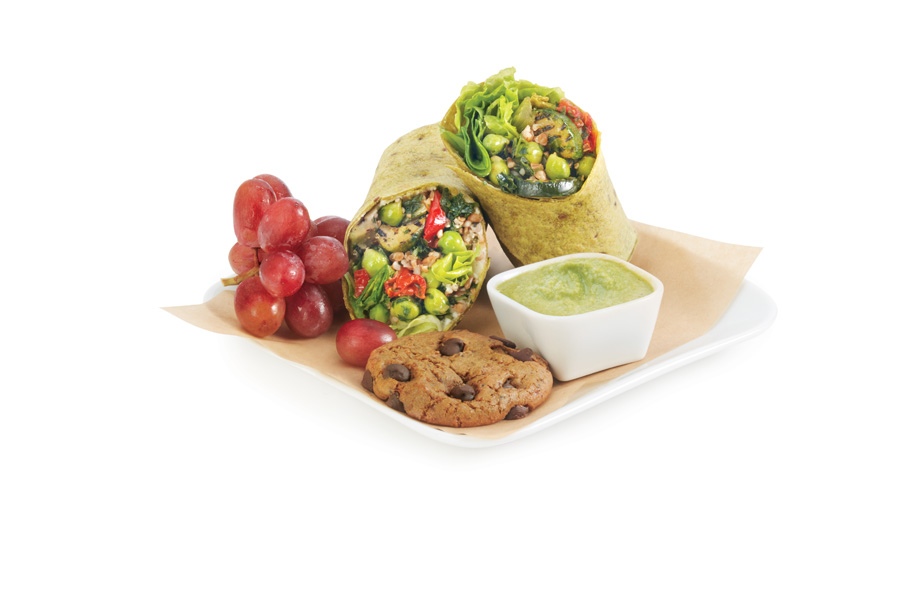Are US carriers launching a food fight?
21 February, 2017
3 min read
By joining our newsletter, you agree to our Privacy Policy


Does Delta Air Lines’ decision to offer free food on a dozen transcontinental flights in the U.S. signal the first unraveling of the airline industry’s successful “unbundled” pricing formula? Or is it just another competitive move with limited implications?
The IdeaWorksCompany found that in 2015, the last year for which there is complete data, that the world’s airlines raked in $US40.5 billion in so-called “ancillary” revenue from areas such as checked bag fees, preferential boarding fees and buy-on-board food. Take away this ancillary money and the relatively robust health of the airline industry could be another matter entirely.
That’s why it’s going to be interesting to see if other carriers—notably arch-competitors American, United and jetBlue—match Delta’s move.
From March 10 , Delta will offer free food in the main cabin on its banner runs form New York Kennedy to Los Angeles International.
On April 24, Delta starts serving up free meals between Boston Logan International and San Francisco, Boston and LAX, Boston and Seattle/Tacoma, JFK and Portland, Oregon, New York Kennedy and San Diego, Kennedy and Seattle/Tacoma International, Sea-Tac and Fort Lauderdale/Hollywood and from Sea-Tac to Raleigh/Durham international Airport.
Each of the twelve routes is a market frequented by lucrative business travelers.
Delta along with United and American Airlines already offers complimentary meals on many long-haul international flights. It’s the no-extra-charge domestic move that’s new.
Airlines usually don’t just throw something against the cabin wall to see if it sticks or not. Delta’s free food play comes after the airline tested the concept late last year.
According to a company news release, the airline “closely monitored customer satisfaction scores to determine the impact on the in-flight experience.” The conclusion? It saw “significant increases as a result of the test.”
“Free, high-quality meals are a big part of the [in-flight] experience,” says Delta’s Allison Ausband, the airline’s senior vice president of in-flight services.
That those meals are about to be served in the airline’s “most strategic markets” is probably no coincidence. JetBlue is a formidable competitor on the US transcontinental routes feasting on passengers’ perception of the quality offered by the one-time start-up carrier. Boston is a hotbed of competition between jetBlue and Delta, as is JFK.
Such city-specific competition could be a hint that the effect of the food fight may be limited to specific markets and—more importantly—just to meals themselves.
This would mean it is not the first shot in a war that could mark the beginning of the end of ancillary fees altogether. That would strip airlines of an important pricing tool, and ultimately result in a massive bellyache for consumers and carriers alike.
Get the latest news and updates straight to your inbox
No spam, no hassle, no fuss, just airline news direct to you.
By joining our newsletter, you agree to our Privacy Policy
Find us on social media
Comments
No comments yet, be the first to write one.

